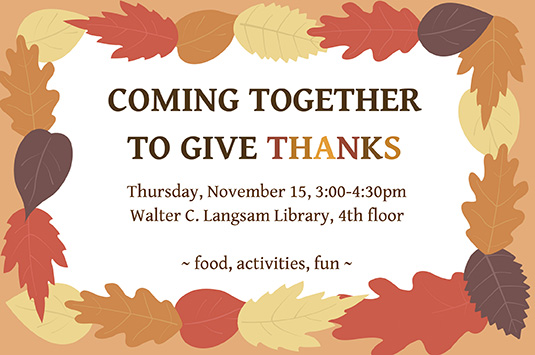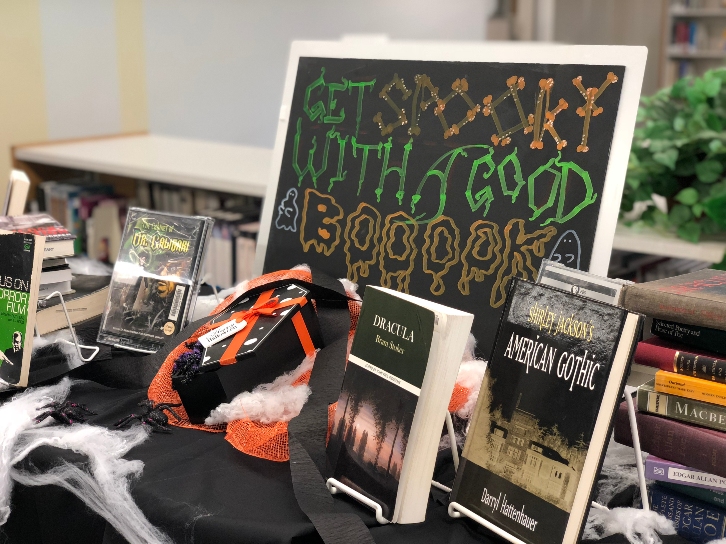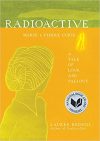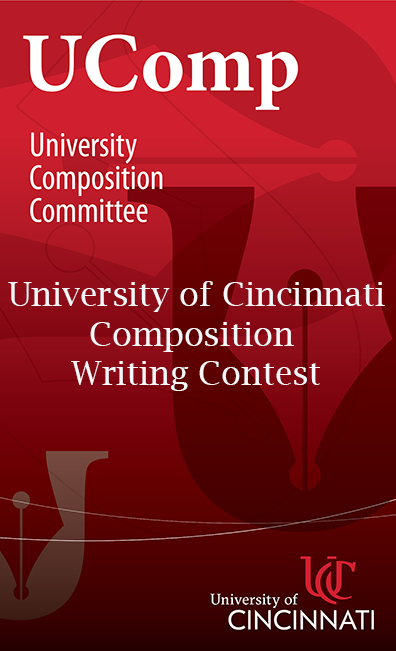
The English Composition Writing Contest is an annual celebration of the best student writing in English composition courses across all colleges at the University of Cincinnati. Students are encouraged to submit their best work from Intermediate Composition, English Composition or Introduction to Composition. For details please go the UC Composition Writing Contest Submission Portal.
Essays or multimodal projects composed during Spring, Summer, or Fall 2018 are eligible for submission.
The deadline for submissions is January 15, 2019.
Awards
Prizes are awarded for the top essay(s) in Intermediate Composition, English Composition, and Introduction to Composition. Additionally, there are prizes for the top multimodal entries.
Additional awards are sponsored by Dr. Cheryl Dunn, Emerita Faculty from the College of Engineering and Applied Science and the UC Libraries. The Dunn Award celebrates outstanding student writing at the University of Cincinnati. UC Libraries support the best research entry. The winners of these awards are selected from entries submitted to the categories listed on the application form.
Winning student essays and projects are celebrated at the Writing Awards Ceremony each spring on the Clifton campus. Winners and their instructors will be contacted in February with details about their awards and the ceremony.
Submissions
To submit, upload your entry, indicating the course, and complete the form for each project or essay you are submitting using this link. Only complete submissions will be considered for judging.
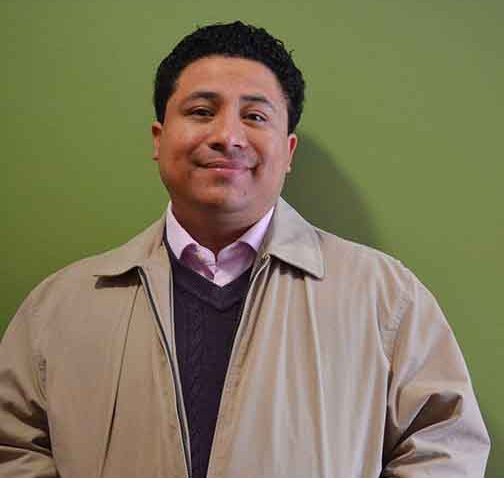 Please join us November 7, 2018 at 2:30 pm for a reading and book signing by Manuel Iris, author of Translating Silence/Traducir el silencio. Appointed Cincinnati Poet Laureate in 2018, Manuel is charged with “promoting poetry appreciation, encouraging the reading and writing of poetry throughout the city, and composing and reading poems for special events and occasions.” (City of Cincinnati) Come listen as he brings his poetic inspiration to UC Clermont.
Please join us November 7, 2018 at 2:30 pm for a reading and book signing by Manuel Iris, author of Translating Silence/Traducir el silencio. Appointed Cincinnati Poet Laureate in 2018, Manuel is charged with “promoting poetry appreciation, encouraging the reading and writing of poetry throughout the city, and composing and reading poems for special events and occasions.” (City of Cincinnati) Come listen as he brings his poetic inspiration to UC Clermont.
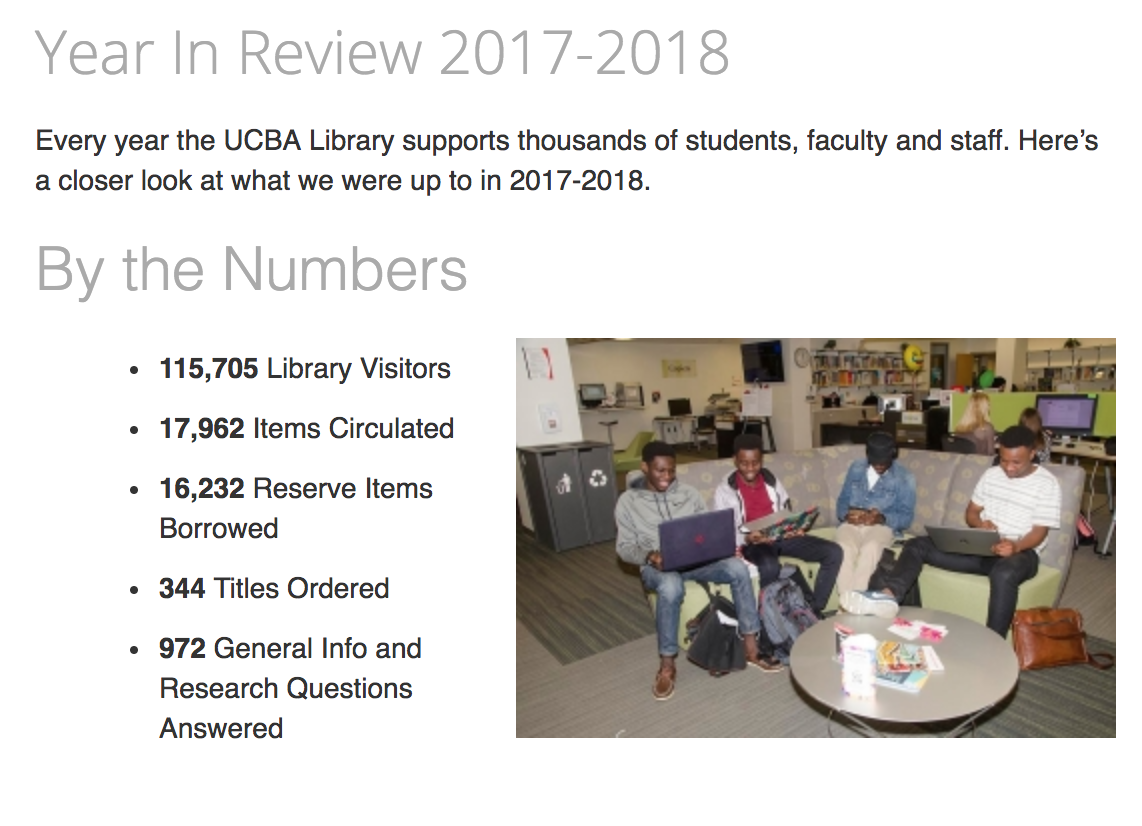
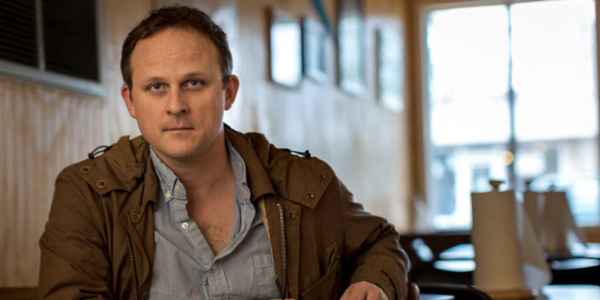 n Evening With John Jeremiah Sullivan on Wednesday, November 14. John Jeremiah Sullivan is a contributing writer for The New York Times Magazine and the southern editor of The Paris Review. He writes for GQ, Harper’s Magazine, and Oxford American, and is the author of Blood Horses and Pulphead.
n Evening With John Jeremiah Sullivan on Wednesday, November 14. John Jeremiah Sullivan is a contributing writer for The New York Times Magazine and the southern editor of The Paris Review. He writes for GQ, Harper’s Magazine, and Oxford American, and is the author of Blood Horses and Pulphead.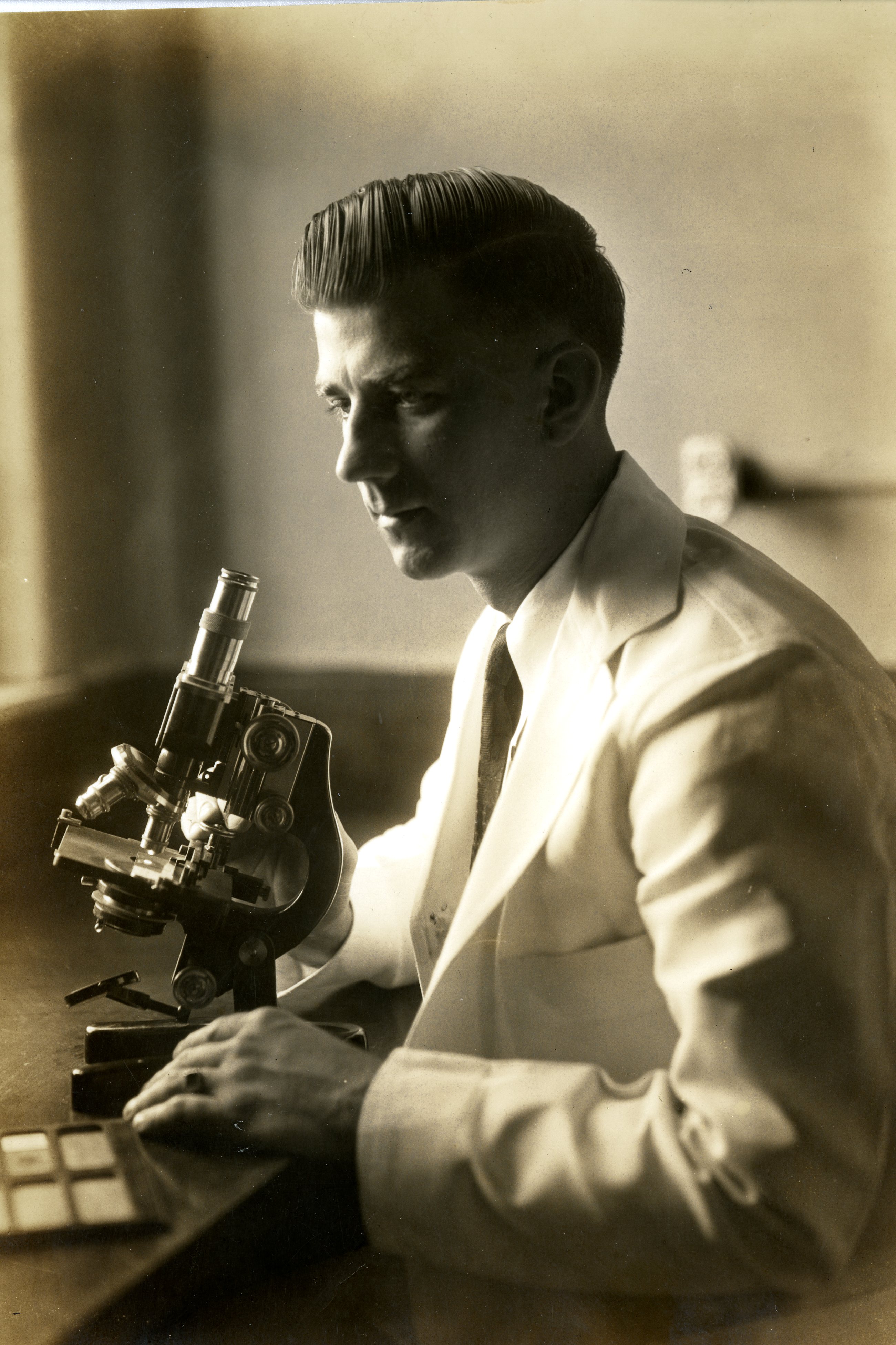
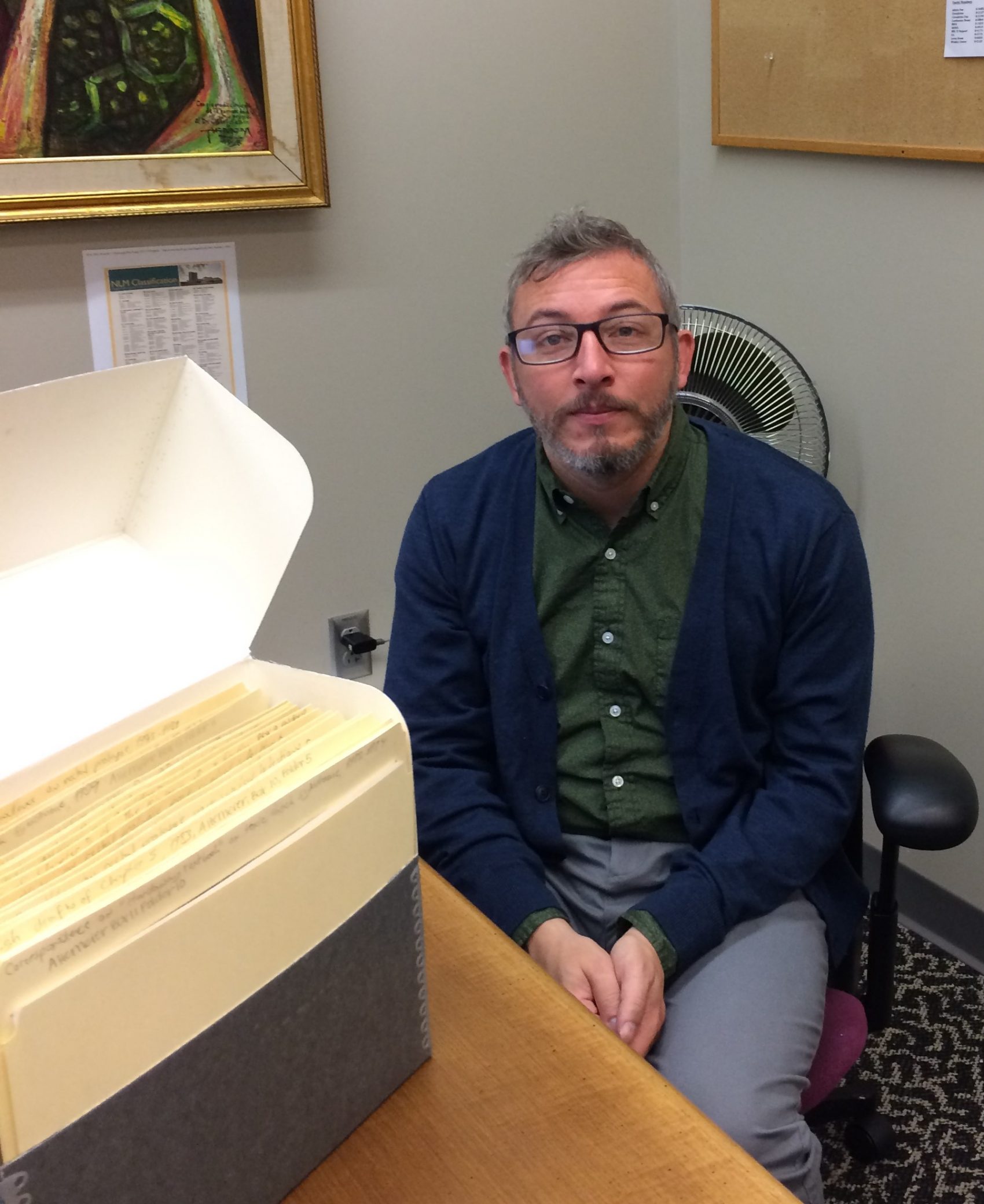 Preserving history and making it accessible has been a passion of mine, and I have been fortunate enough to work in a variety of settings and types of work. I started at the Public Library of Cincinnati and Hamilton County in 2006, where I performed reference assistance and have contributed to numerous projects involving rare and fragile material. I have been a volunteer at the Preservation Lab at Langsam Library for four years, where I help to mend damaged books and other material. For a look at the exciting work that happens there, you can visit their blog at
Preserving history and making it accessible has been a passion of mine, and I have been fortunate enough to work in a variety of settings and types of work. I started at the Public Library of Cincinnati and Hamilton County in 2006, where I performed reference assistance and have contributed to numerous projects involving rare and fragile material. I have been a volunteer at the Preservation Lab at Langsam Library for four years, where I help to mend damaged books and other material. For a look at the exciting work that happens there, you can visit their blog at 